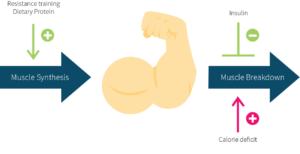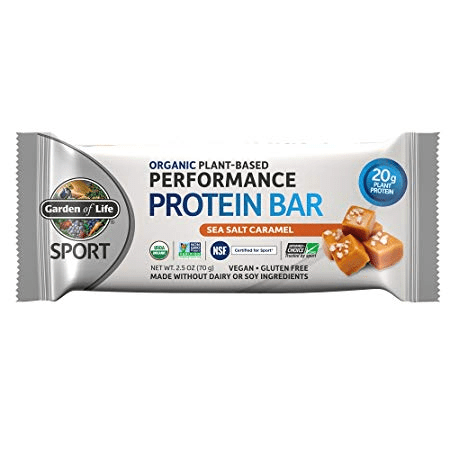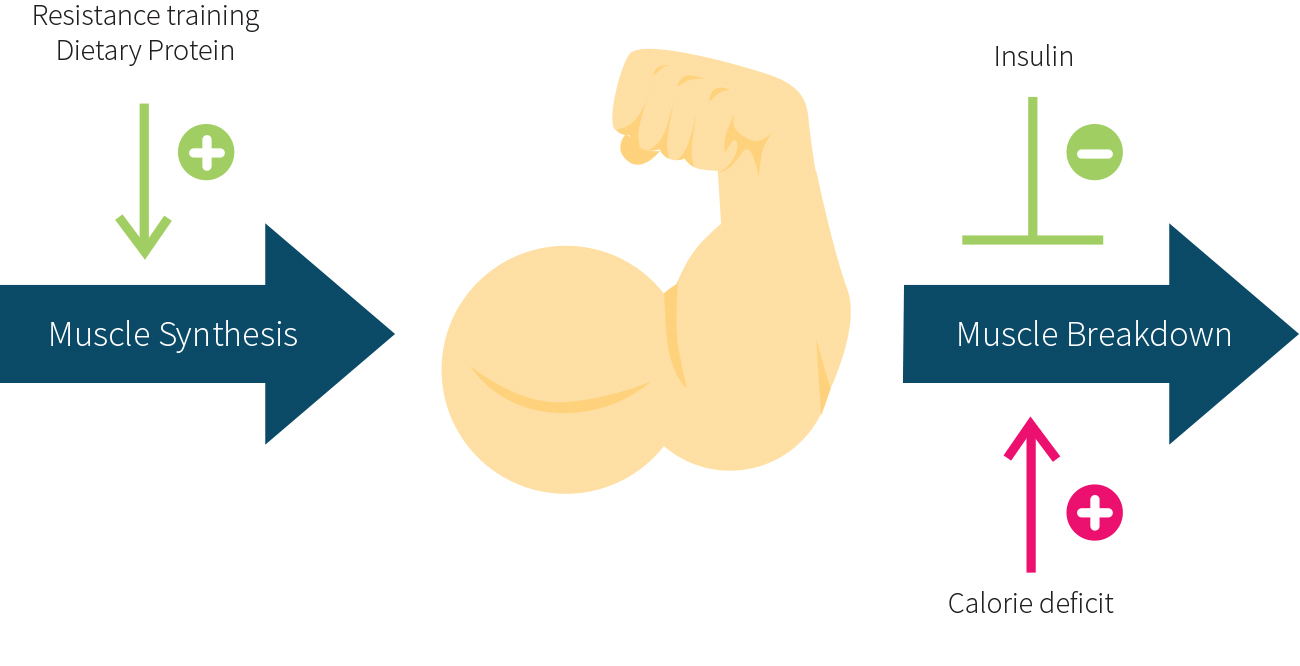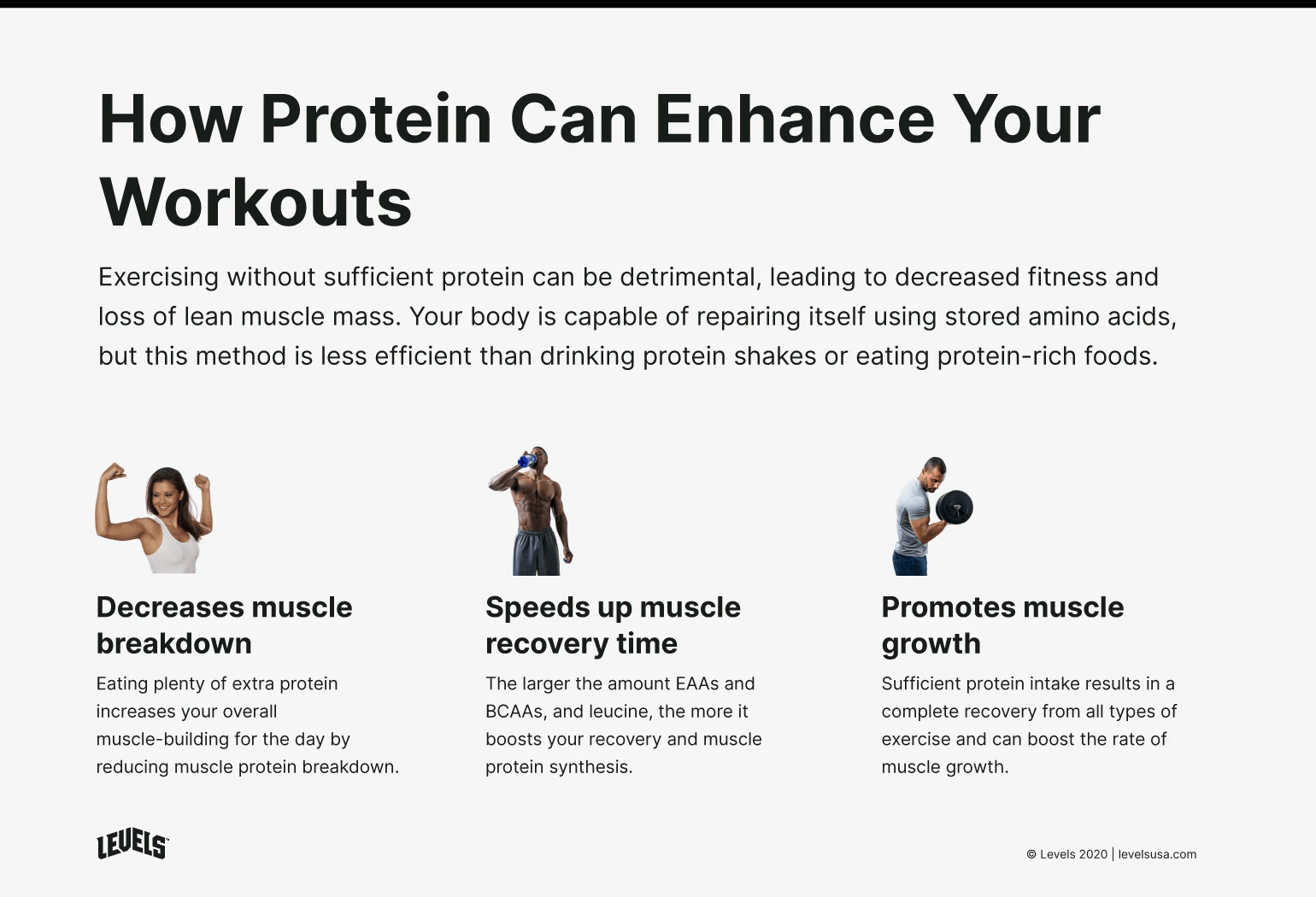
The most common question that will get asked when it comes to protein bars is, are they good for strength training workouts? The easiest answer to this question is that protein bars need to be used as an addition to your current diet, not as a replacement for the diet. There are many supplements on the market, such as powders and bars, but there is no substitute for a well-balanced, low-carb diet to ensure that a person does not become deficient in the right things.
Protein bars are more of an accessory to any diet than a true replacement for the meal plan. However, if you have a workout regimen that requires high-intensity weight lifting, then you may find protein bars beneficial as an added supplement to your routine.
Most protein bars will also contain other ingredients such as natural whey, nuts, and fiber to further enhance their benefits for bodybuilders. You may want to consider getting either a whey or soy protein supplement to replace the lost nutrients in your diet if you are not getting enough protein from your foods while working towards building muscle.1
- Are Protein Bars Beneficial for Strength Training Workouts?
- Differences Between Weight Loss and Strength Training Protein Bars
- Should A Bodybuilder Eat Protein Bars?
Are Protein Bars Beneficial for Strength Training Workouts?
Protein bars are usually very low in fat, and therefore they can provide the body with all the necessary amino acids that are needed to build muscle mass.2 As the protein is broken down into amino acids, these nutrients will be used to build muscle. When an individual performs a strength training routine, muscle mass will be built, which can be seen as the individual lifts more weight. Protein bars can also provide an added boost of energy to the muscles, which is often lacking in many foods. When an individual has enough energy, then they will be able to perform more strenuous activities throughout the day.
Protein bars for bodybuilders who are strength training are a fantastic way to maintain your energy level when you are following a diet program and as part of a weight-loss routine. They can also help to replace muscle tissue lost during your diet if you are losing weight and need to boost the amount of lean muscle mass you have. Eating these bars will also stand in place of eating a full meal, furthering their benefits.

Differences Between Weight Loss and Strength Training Protein Bars
There are a lot of differences between weight loss and muscle building protein bars. To begin with, there are no steroids or hormones used in strength training protein bars, which means that there is no chance of an unwanted negative reaction to taking these types of these bars. This is great news for anyone who might be sensitive to certain chemicals, as these types of products have been known to cause negative reactions in some individuals.
Another difference between weight loss and muscle building protein bars is the amount of protein contained within each bar. These types of products will typically contain anywhere from one gram to five grams of protein per serving, which is a small amount. But, on the other hand, if you need to boost your protein level quickly, then eating a protein bar for muscle building will help you to get the amount of protein you need for your goals, which makes them beneficial for strength training.3
What Makes a Strength Training Protein Bar Unique
When it comes to protein bars, one cannot deny the importance of what makes a protein bar unique from others. These bars have proven to be quite beneficial for people who are trying to gain strength and muscle mass. But do these protein bars provide all the benefits that people have been looking for?
There are several different types of protein bars and all have their own specific benefits and features, but in general, the following features and benefits of protein bars are commonly found in any protein bar type.
Protein bars have become very popular because of the convenience of having these ingredients in a convenient package. Most protein powders come with special ingredients such as whey protein concentrate, egg white, soy, casein, and other similar ingredients. In this way, buyers can choose from among these options depending on their taste and preference.
Another feature that makes a protein bar unique is the variety of nutrients that these food bars have. While some are just protein, others come with complete vitamins and minerals such as iron and calcium. If the buyer chooses to get just protein, then getting the vitamins and minerals are more advantageous.4 But if you want to have complete nutrition with each protein supplement, getting a complete bar with all the nutritional benefits of these nutrients would be helpful.
Some of these complete bars may also come with supplements that have high levels of protein content but do not come with vitamins and minerals. In this way, it would be easier for buyers to get everything they need without worrying about the nutritional content of the food bar they are buying.
Should A Bodybuilder Eat Protein Bars?
So you’ve been working out for a while and are starting to see some muscle mass, but are still wondering what to do with the excess calories, right? Protein is an essential part of building muscle, so in the same way that a bodybuilder should not go on a starvation diet, he or she should not overeat protein either. Eating protein bars is not a bad idea, in fact, many people will find that the added protein from these products helps to build muscle.
Now, some people believe that a bodybuilder should eat protein bars so often that they have a “protein” fast, but this is simply not a good way to train. The reason is simple; protein should only be consumed at specific times during the day. When a bodybuilder eats a protein bar, the amino acids are broken down into glucose, which then is used as fuel by the muscles. When you eat too many carbs in one sitting, your body begins to store fat, which is why people should eat several small meals throughout the day, and protein bars should only be eaten in large amounts in between meals.
Many will recommend that a bodybuilder should eat a protein bar or shake after each workout, which is a good idea, as long as the bodybuilder is eating the right types of carbohydrates and protein in the correct quantities.5 In general, if a bodybuilder is eating at least two small meals a day and eating about thirty minutes before each meal, they should be able to eat enough protein and carbohydrates to help build muscle, without being overweight.

The Benefits of Protein Bars For Strength Training
If you are a strength training beginner, you will find the benefits of protein bars for strength training quite helpful.6 For starters, you should know your requirements and goals before you decide to buy one.
The main benefits of protein bars for strength training include;
- Better metabolism,
- Enhanced muscle growth
- More effective immune system functions
- Providing excellent amino acids

To get the most from protein bars for strength training, you should consume them quickly because your muscles require proteins immediately after they are exercised. Also, while you are working, the heat from your body may destroy some of the protein contents in your protein bars for strength training.
Additionally, strength training protein bars can also be used as a weight loss supplement. When consuming protein bars for strength training, it is important to choose one that has the least amount of sugar. High sugar content protein bars can lead to rapid sugar utilization in the body, resulting in weight gain. Choose protein bars that are low in sugar.
If you want to lose weight and build muscle, the benefits of protein bars for strength training cannot be denied. As you know, protein is the major building block of muscle and with this said, protein bars can help you burn fat faster during strength training.
Image Credits
iMore / December 3, 2020
Examine.com / February 12, 2020
Levels / December 16, 2019
1 “Soy Protein vs. Whey Protein – Everything You Need to Know ….” 10 Jun. 2016, https://nuts.com/healthy-eating/soy-vs-whey-protein Accessed 22 Mar. 2021.
2 “Essential Amino Acids: Definition, Benefits and Food Sources.” 12 Jun. 2018, https://www.healthline.com/nutrition/essential-amino-acids Accessed 22 Mar. 2021.
3 “How much protein do you need every day? – Harvard Health Blog ….” 25 Jun. 2019, https://www.health.harvard.edu/blog/how-much-protein-do-you-need-every-day-201506188096 Accessed 22 Mar. 2021.
4 “The benefits of vitamin supplements – Harvard Health.” https://www.health.harvard.edu/vitamins-and-supplements/the-benefits-of-vitamin-supplements Accessed 22 Mar. 2021.
5 “When Is the Best Time to Take Protein? – Healthline.” 6 Feb. 2018, https://www.healthline.com/nutrition/best-time-to-take-protein Accessed 22 Mar. 2021.
6 “10 Science-Backed Reasons to Eat More Protein – Healthline.” 8 Mar. 2019, https://www.healthline.com/nutrition/10-reasons-to-eat-more-protein Accessed 22 Mar. 2021.
